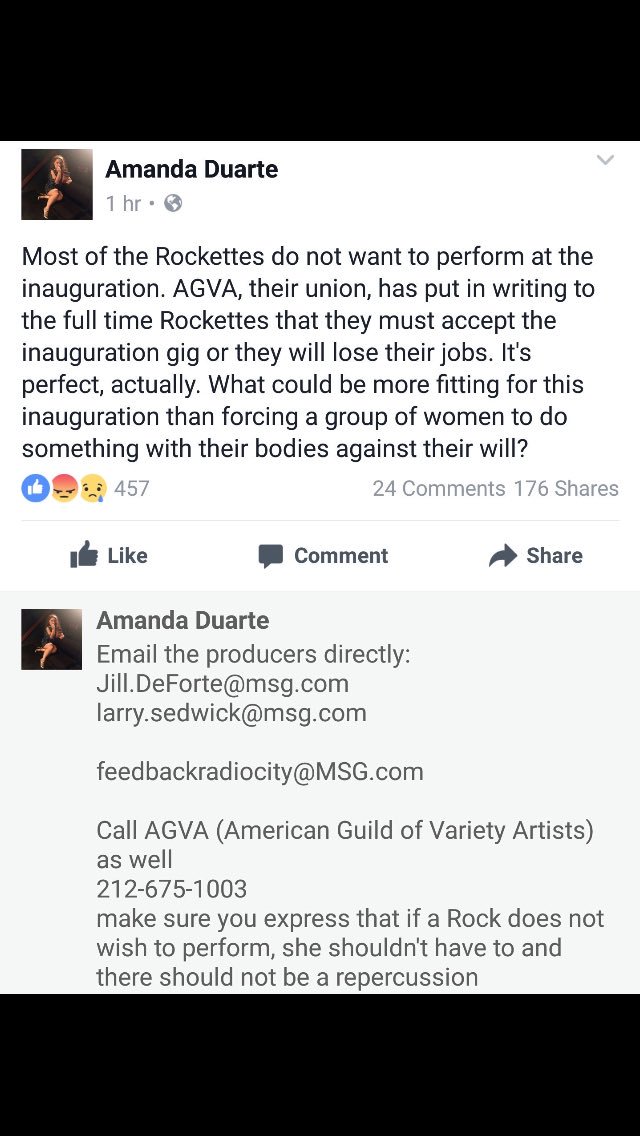Jun wrote:可能大家都觉得川普被普京捏在手里,所以这种幼稚的发脾气都是空话吧?
嗯,真是一声叹息。。。贴一点我写的读后感和剩下的提纲。。。
Since the shocking results of election on Nov. 8, 2016. Amidst all the grief and disbelieve, I turned to reading. I’ve finished the following so far, mostly about the end of Roman Republic. One on the founding of the US. I thought they would give me answers.
- “Rubicon” by Tom Holland, on the last years of the Roman Republic
-Cicero trilogy by Robert Harris: “Imperium” "Conspirata" "Dictator"
- "John Adams" by David McCullough.
And they did.
1. Why read on Roman Republic in 62BC instead of Germany in 1933?
I actually didn’t know why i zoomed in on the Roman Republic when i started on my reading spree 5 weeks ago. Now with some basic information gleamed from these books, I think maybe because today’s US and Rome in 62BC were equally superior in its dominance of the world. Unlike Germany in 1933, there is no external force can threaten the US today, or Rome 2000+ years ago. Rome imploded. and the US looks like is on its way to follow suit.
The Sibyl’s Curse (for Rome)
“Not foreign invaders, Italy, but your own sons will rape you, a brutal, interminable gang-rape, punishing you, famous country, for all your many depravities, leaving you prostrated, stretched out among the burning ashes. Self-slaughterer! No longer the mother of upstanding men, but rather the nurse of savage, ravening beasts!”
-Rubicon, Tom Holland
Lacking a crystal ball that tells the future, reading the end of Roman Republic seems the next closest thing.
2. People can normalize anything
Ever since the election, the media has been abuzz daily about all the unbelievable behaviors of the president elect and the GOP. But last years of the Roman Republic demonstrated how adaptive citizens were. People were capable of normalize anything, and there were no reason to doubt we have lost any of those adaptability. Baptized by the bloody WWI and WWII, we are probably even more adaptive than the Romans from 2000 years ago.
During my schooling years, I developed a very efficient way of cramming maximum amount of information in my memory right before an exam and promptly forgetting all of them right after I turned in my finals. As a result, i remembered very little about history. I remembered “Rubicon and Caesar”. but I didn’t remember a thing about Lucius Cornelius Sulla nor his marching on Rome 40 years prior to Caesar crossed Rubicon.
With immense fascination, I read on...
In 91BC there was an “Italian war” because not everyone in Italy were given Roman citizenship. Unsatisfied to stay second class citizen, a few “alliance cities” of Rome in Italy revolted, led by Samnium. Sulla was the general who led Roman legions that put down the revolt swiftly, and trapped the last of rebels in Nola. The victory earned him one of the two spots of consulship, the highest executive power of Rome at the time, in addition, he was rewarded a commission to lead the war against Mithridates in the East, the most lucrative assignment all generals were drooling over. After securing the commission. Sulla returned to his army camp that’s still trying to finish off rebels cooped up in Nola. But in his absence, that Eastern command was maneuvered out of his hand in Rome’s politics, and the lucrative commission was given to Sulla’s mentor and rival Gaius Marius instead.
Up to this point, Roman legions had always answered to SPQR (Senatus Populusque Romanus – Senate and People of Rome) instead of any general. So following normal procedure, an officer of Marius was dispatched to Sulla’s camp to retrieve the command.
Sulla, first in consternation and then in mounting fury, retired to his tent. There he did some quick calculations. With him at Nola he had six legions. Five of these had been assigned to the war against Mithridates and one to the continued prosecution of the siege—in all, around thirty thousand men. Although much reduced from the numbers Sulla had commanded the previous summer, they nevertheless represented a menacing concentration of fighting power. Only the legions of Pompeius Strabo, busy mopping up rebels on the other side of Italy, could hope to rival them. Marius, back in Rome, had no legions whatsoever.
The math was simple. Why, then, had Marius failed to work it out, and how could so hardened an operator have chosen to drive his great rival into a corner where there were six battle-hardened legions ready to hand? Clearly, the prospect that Sulla might come out of it fighting had never even crossed Marius’s mind. It was impossible, unthinkable. After all, a Roman army was not the private militia of the general who commanded it, but the embodiment of the Republic at war. Its loyalty was owed to whoever was appointed to its command by the due processes of the constitution. This was how it had always been, for as long as the Republic’s citizens had been going to war—and Marius had no reason to imagine that things might possibly have changed.
– Rubicon, Tom Holland
So the unthinkable happened, Sulla became the first citizen ever led legions against his own city. To all frantic embassies sent his way trying to persuade him to turn back, his answer: he was marching on Rome “to free her from her tyrants.” This line made me laugh out loud. Every single rebellion that ended up overturning one Chinese dynasty and starting another almost all used that exact same slogan, “清君侧!”
…after Sulla’s coup ‘there was nothing left which could shame warlords into holding back on military violence – not the law, not the institutions of the Republic, nor even the love of Rome.’
-Rubicon, Tom Holland
But this slogan worked. Even though Sulla’s army defied all rules of the Republic and fought its way into the unarmed city of Rome, killed one of his enemy and forced another fleeing to Africa, declared all his rival’s legislation invalid, and put in place his own. Senate passed all his requests with his army looked on. Throughout all these Sulla insisted on his coup was aimed to “protect the constitution”.
The Republic, in the eyes of its citizens, was something much more than a mere constitution… To be a citizen was to know that one was free–“and that the Roman people should ever not be free is contrary to all the laws of heaven.” Such certainty suffused every citizen’s sense of himself. Far from expiring with Sulla’s march on Rome, … Yes, a general had turned on his own city, but even he had claimed to be doing so in defense of the traditional order. ..For all the trauma of Sulla’s march on Rome, no one could imagine that the Republic itself might be overthrown, ..
So it was that, even after the shocks of 88, life went on. The year of 87 dawned with an appearance of normality.
-Rubicon, Tom Holland
Comparing to Sulla’s march on Rome, what are the new cabinets selections? or Trump’s crazy tweets? If people could normalize a military coup in Rome during later years of Roman Republic, what couldn’t we normalize in today’s US?
3. Who would Trump be during Roman Republic?
4. “We’re going to go through your Cicero books again to check what happens next.” “Nothing good.”
5. A revolution by a mob always ends in an authoritarian state
6. Great Man can’t change history
7. But there is always hopeHe looked like a small panther, and he moved like a patch of night.






